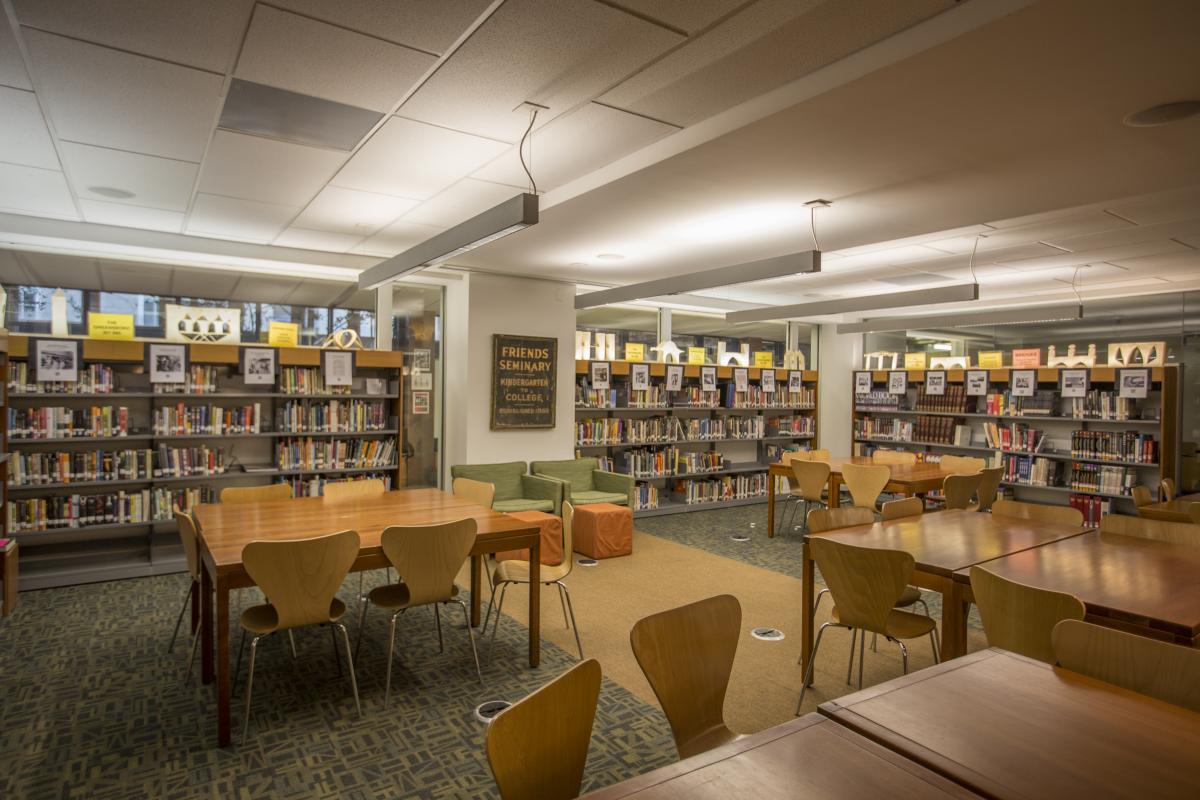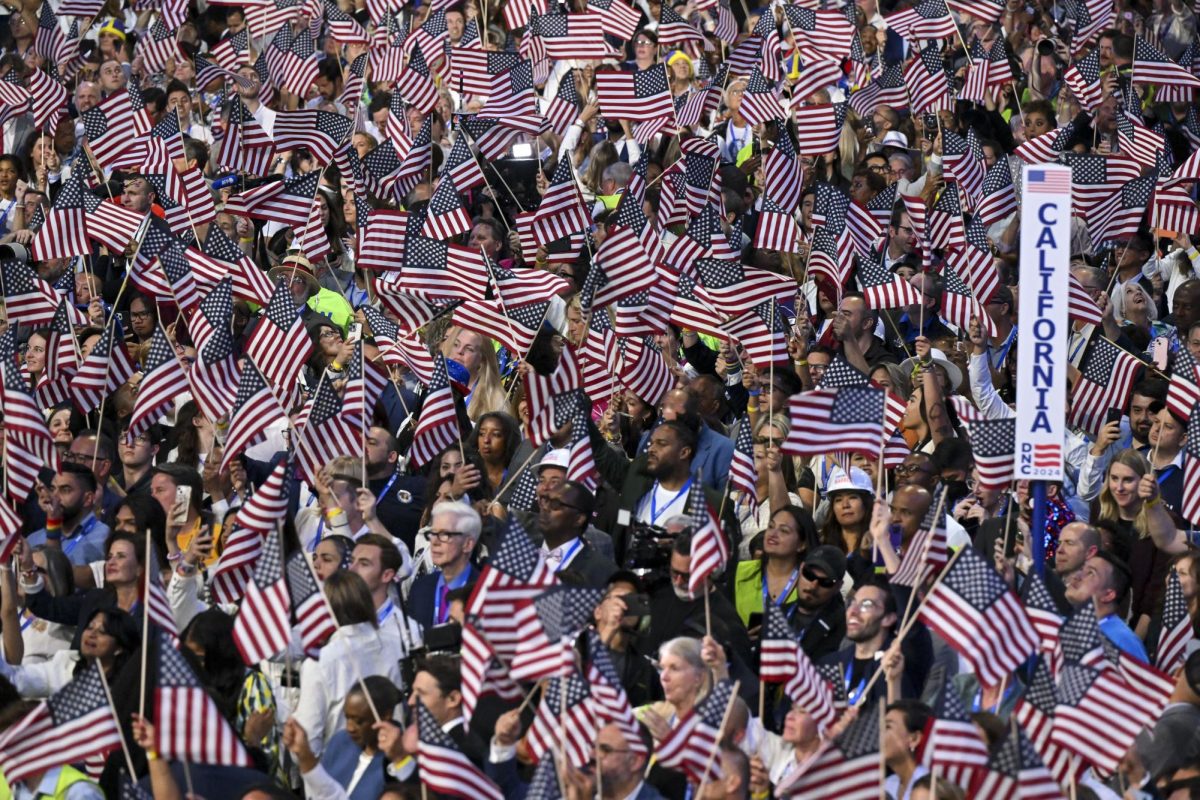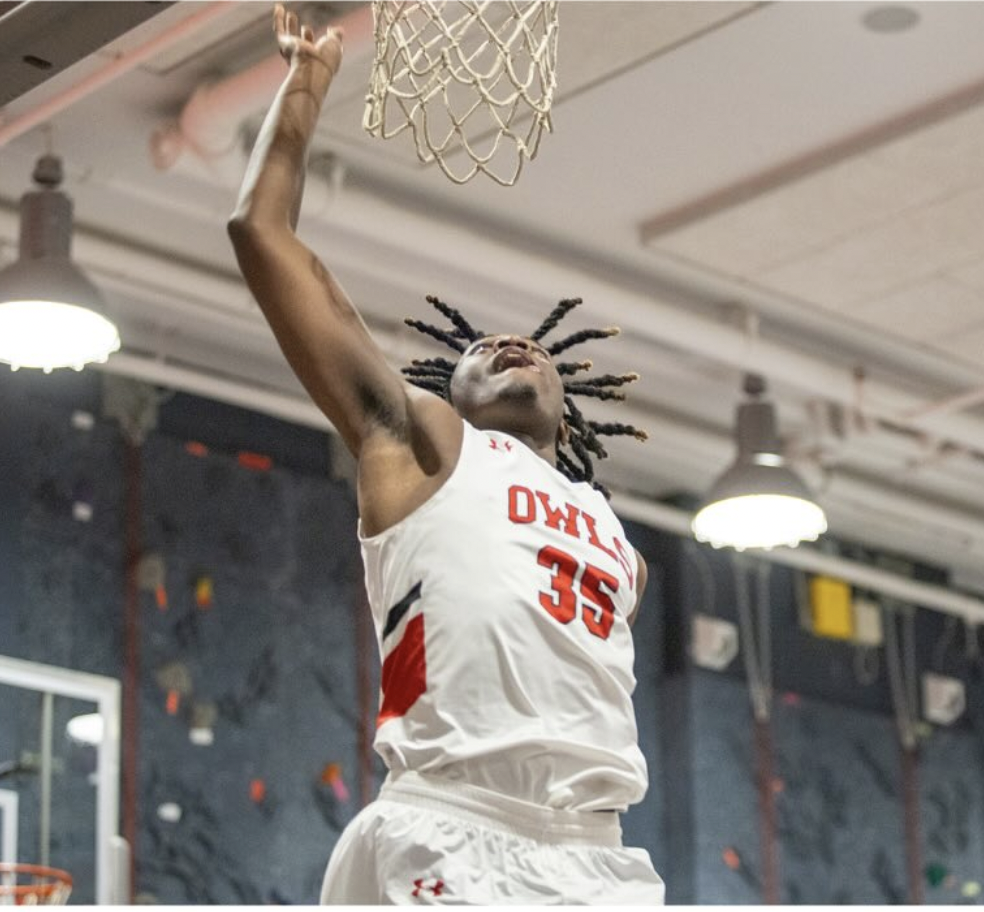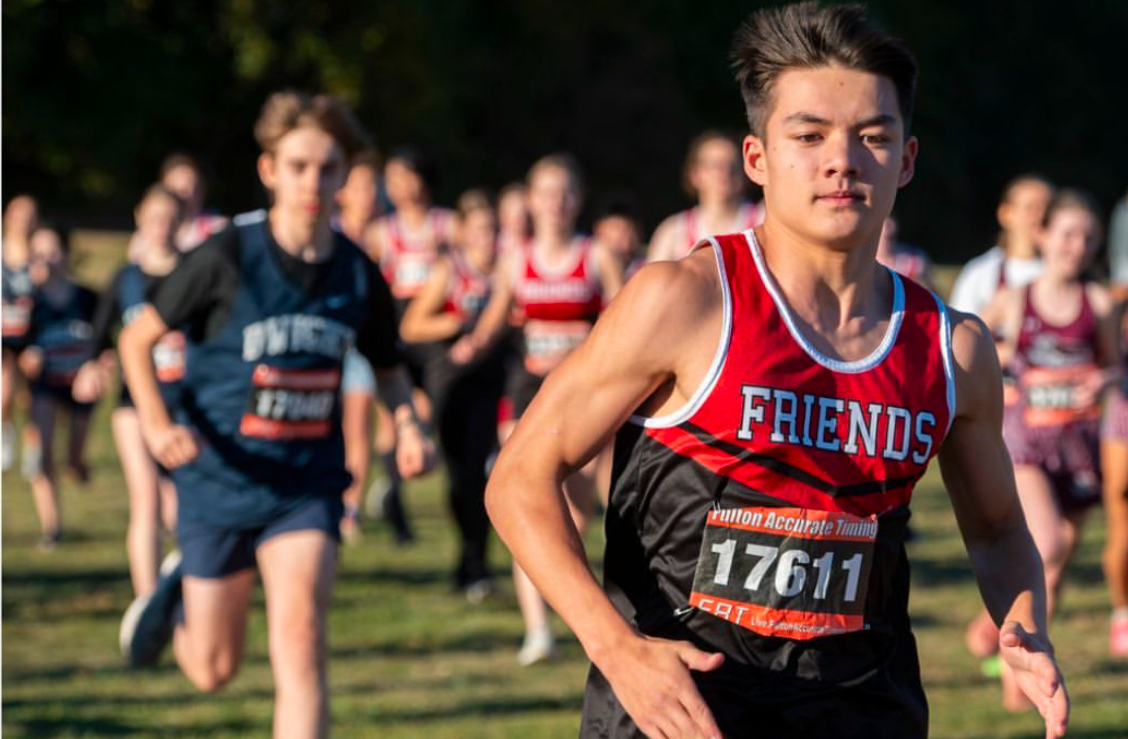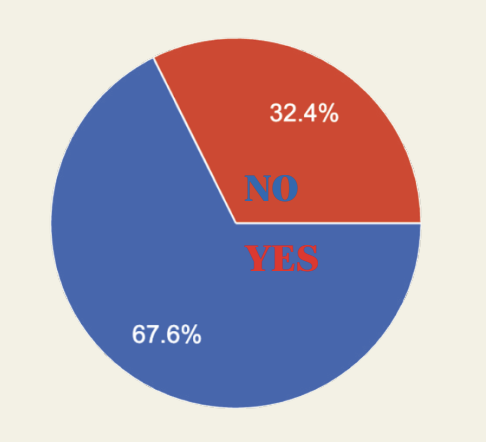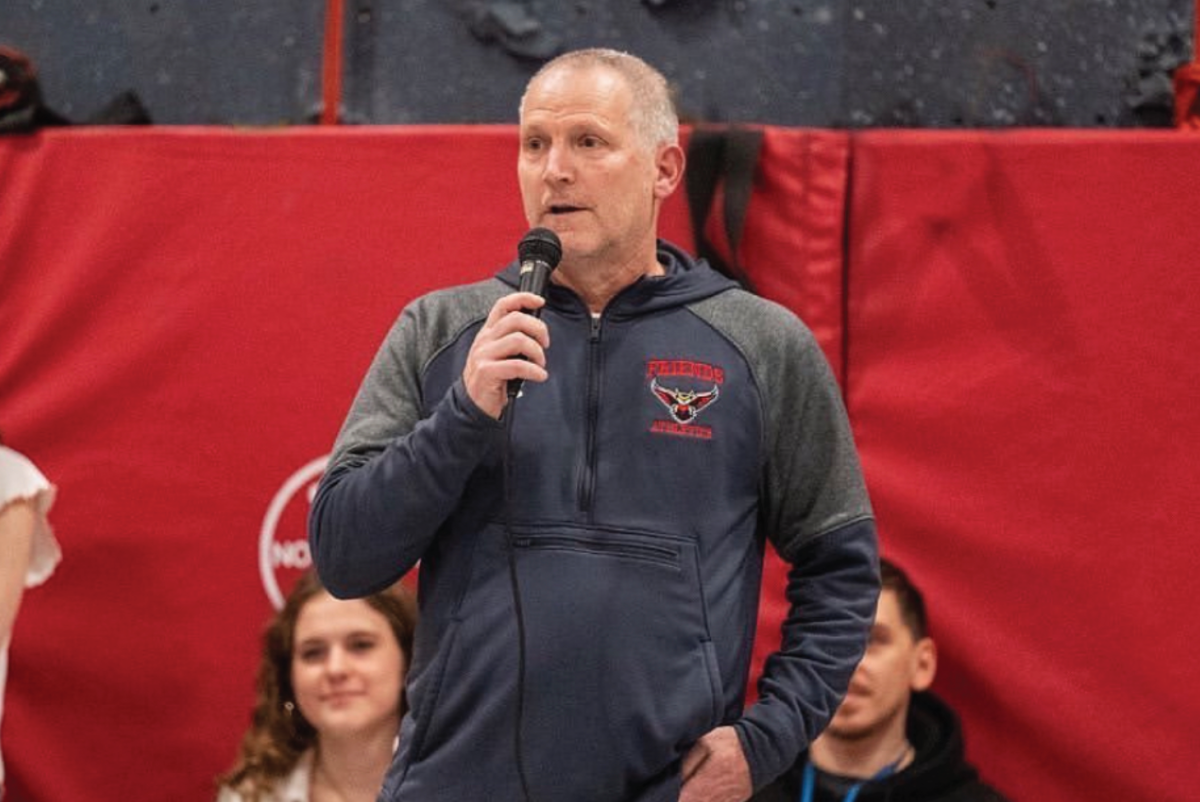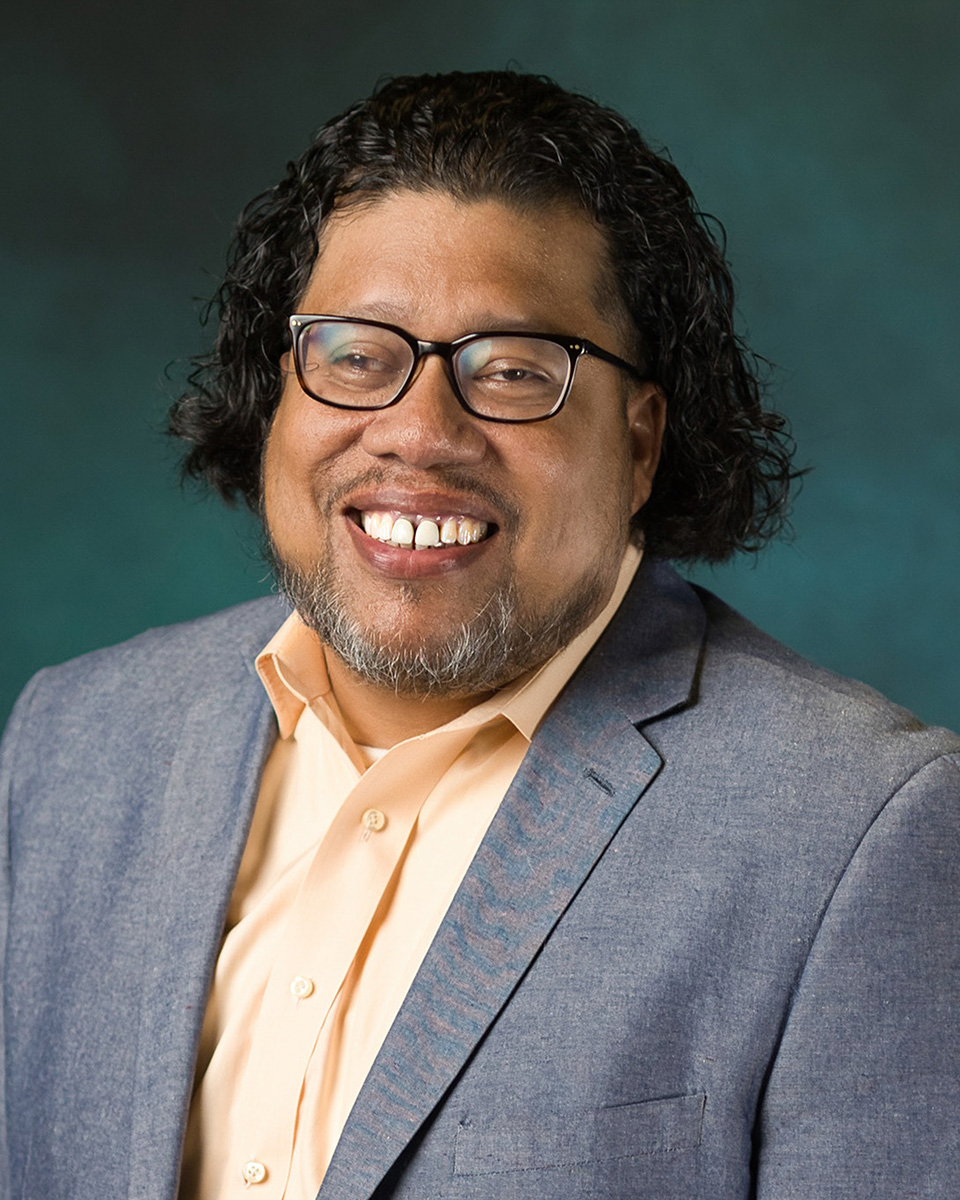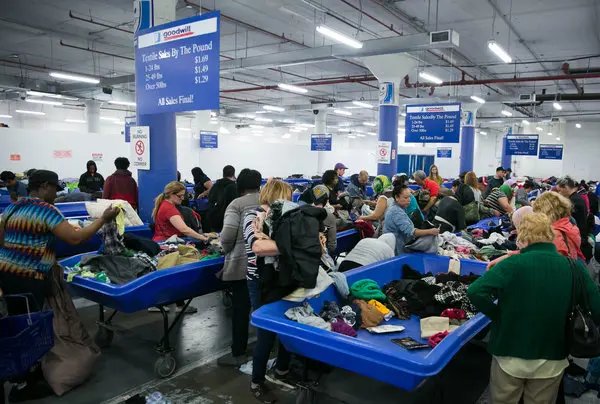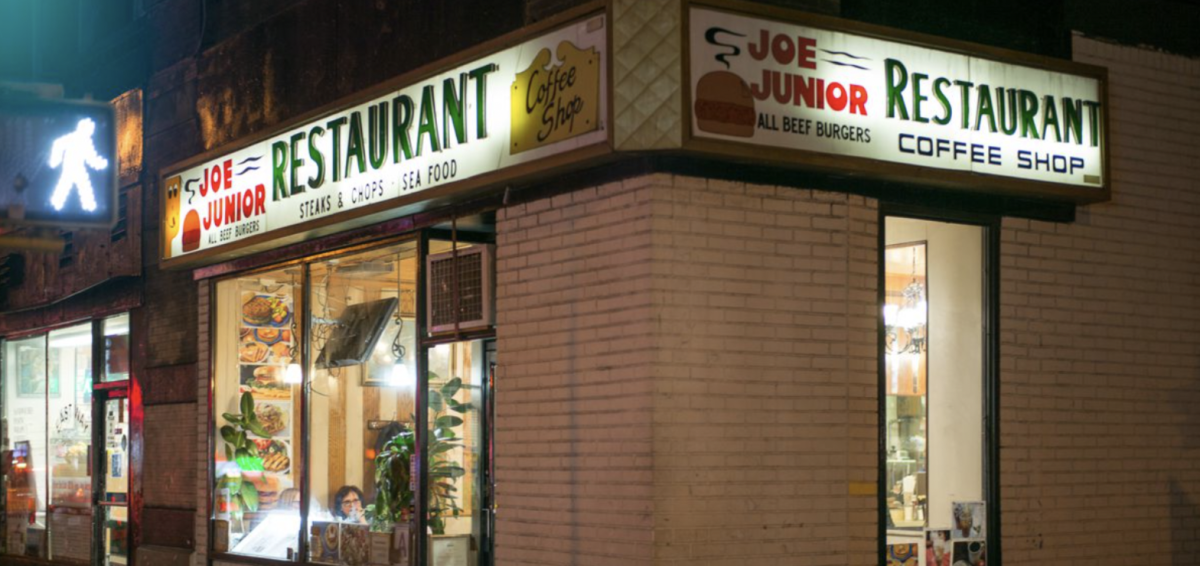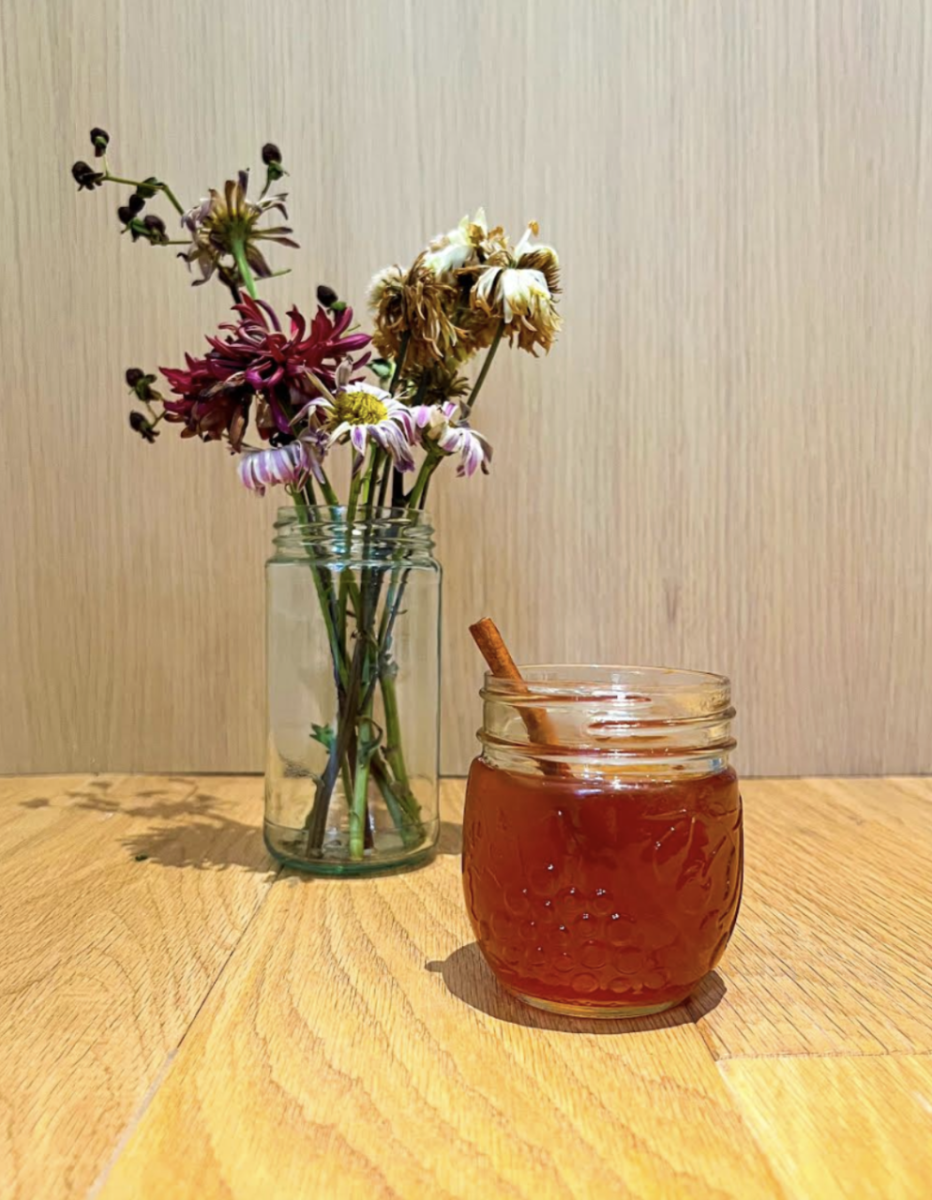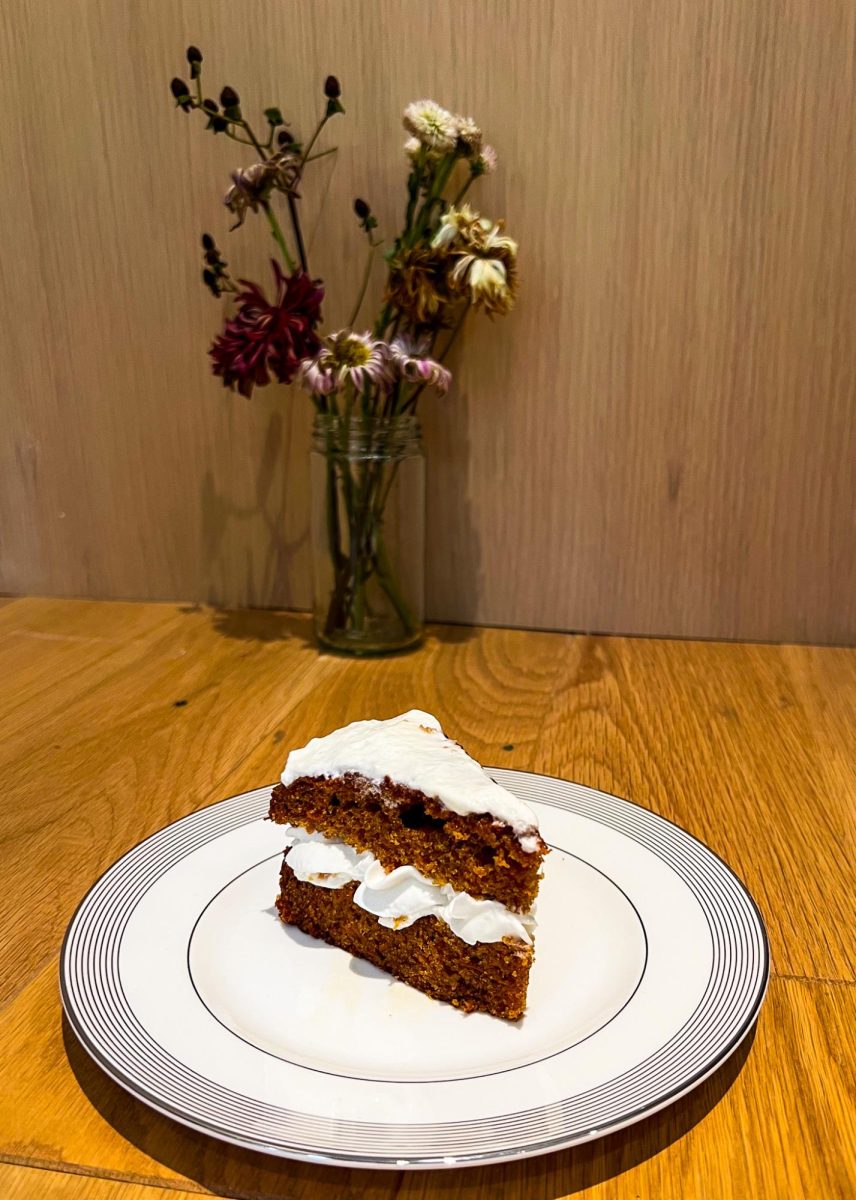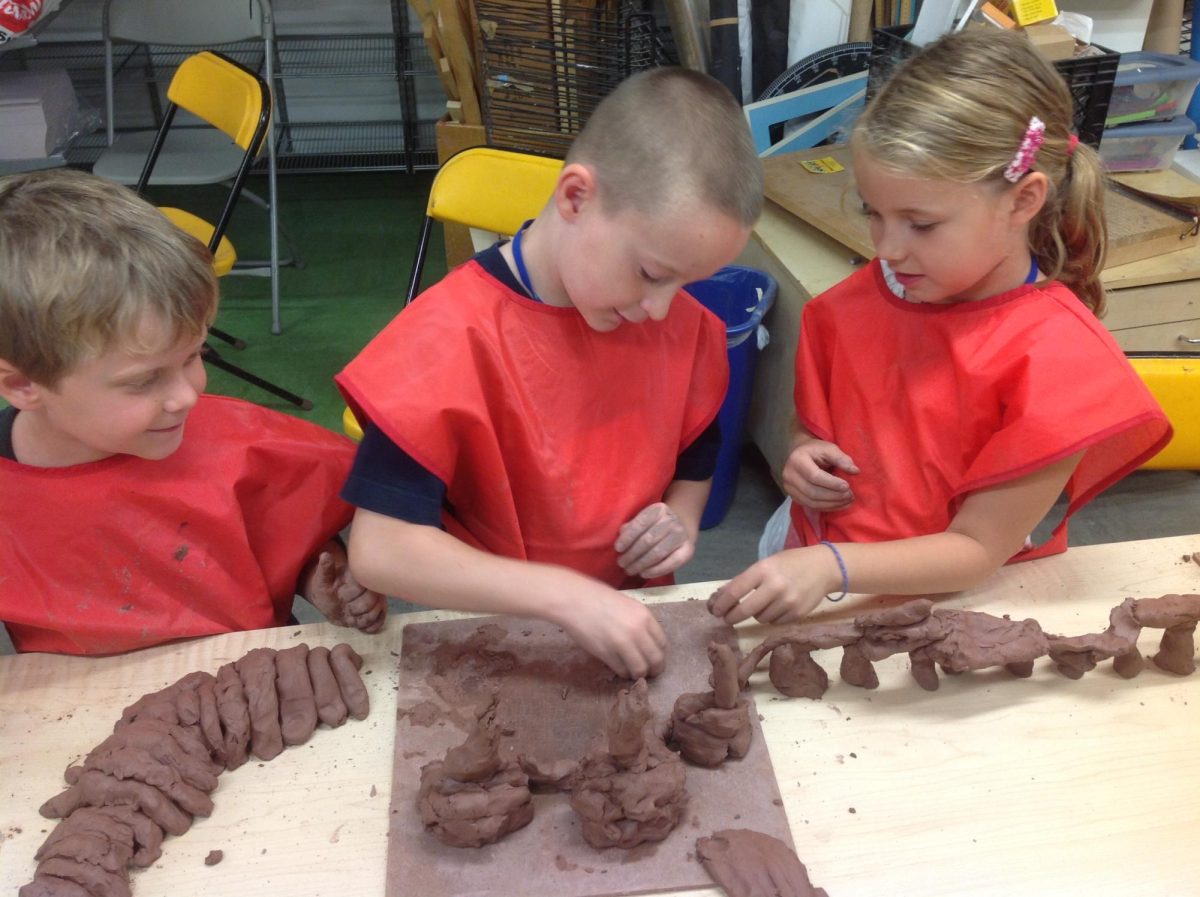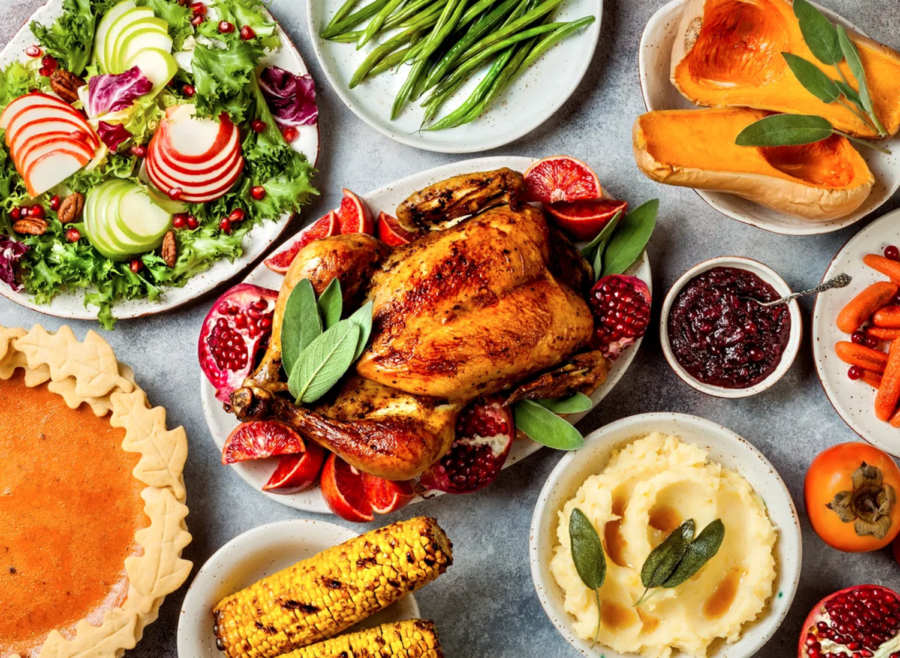Many Owls are tired of living in unprecedented times. Through this election cycle, we have witnessed a criminal conviction, a debate debacle, an assassination attempt, and a candidate swap. From “brat summer” to “they’re eating the cats and dogs” fall, students have been witness to one of the most chaotic campaign cycles in modern history. To that end, I interviewed Friends students to get a sense of how they were feeling as we approached the end of this election season and how they feel in its aftermath.
Rabia Pirani-Mellstrom ‘26 said, “I think I got more invested in the race after Kamala Harris became the Democratic nominee.” Sam Lane ‘26 echoed this sentiment, sharing that when clips of Harris popped up on their social media, “I find myself feeling hopeful. It feels like a nice change of pace from other candidates I’ve seen in my life. I pre-registered at the voter registration drive hosted by the Political Action Club.” They remarked, “this race has also shifted how I see the American flag. For a long time I saw it as a sign of patriotism that felt negative and oppressive, but at the Democratic National Convention, I thought it was wielded with such joy.” Maya Willoughby ‘25 observed, “The Republican strategy is to deny facts. Trump is the anti-fact candidate.” Reflecting on the debate between Biden and Trump, she said, “We’re a very aesthetic country and Biden looked like a corpse. Trump’s remarks were such that I would probably find him hilarious, but as a politician, I find him horrifying.”
Owen Nachamie ‘25 said he feels that “the rising tension in our country leads to a national attitude that puts feelings over facts and doesn’t trust data. Don’t underestimate the tricks of Trump; he has this way of talking to people that convinces them. He says things with confidence and it baits people.” The seniors who just read Hamlet might be reminded of Polonius’ quote: a “bait of falsehood takes this carp of truth.”
Sara Flax ‘25 self-identifies as someone who actively avoids talking about politics because “the nature of politics is that it brings up confrontation.” However, as a regular listener of the Call Her Daddy podcast, she tuned in to the episode with Kamala Harris. She was interested to see what angle the host, Alex Cooper, was going to take and was happy that she focused on women’s rights as “it felt like she took note of what her listeners cared about and would find interesting. It wasn’t done like she was trying to change your mind, but rather was talking about an important topic with someone who could effect change on that issue. She made politics interesting for someone who hates politics.”
Sebastian Tirschwell ‘25, a co-leader of Political Action Club, expressed some criticism of the Democrats, saying that “During the election, the Democratic party did not promote Biden as being one of the most populist presidents in recent history. They never talked about his major support of unions and his support of increasing the minimum wage. I feel like the Republican media is much more interesting than the Democratic media, even though I don’t agree with it.
When Biden was still in the race, I didn’t think he had a shot of winning, especially after the debate. When Kamala entered, she came out with a bang.” Ciaran Cooley ‘27 shared that she was shocked by the outcome and “was holding out so much hope that Harris would win and it was crushing to see the red on my computer when I woke up.” Avi Mirchandi ‘28 said he felt “very disappointed that Trump won, especially given the sharp contrast between the candidates.”
The Friends community is feeling a multitude of emotions, from sadness or satisfaction with the results to frustration with the political parties. My hope for us moving forward, however, is that we avoid cynicism. It can be lonely to be optimistic sometimes, and pessimism, though it may be the path of least resistance, gets us nowhere. The future of our great American experiment is in our hands. Get involved in the political process, read the news even when the headlines make you feel queasy, and try to understand why people might have voted for the candidate you opposed. After all, this election result didn’t just fall out of a coconut tree. It exists in the context of all in which we live and what came before us.

